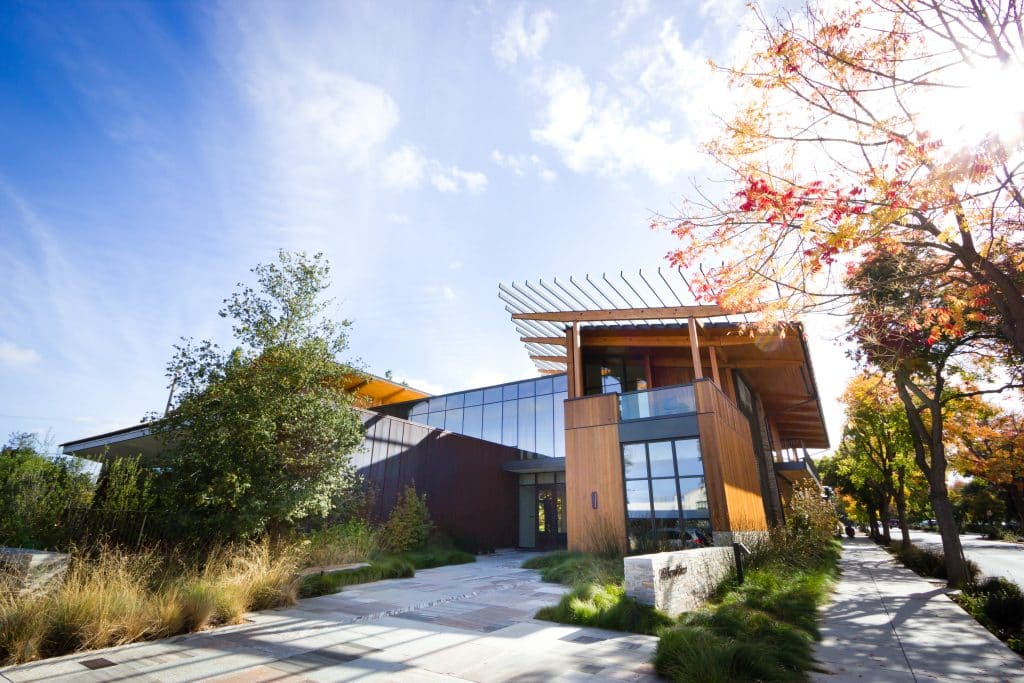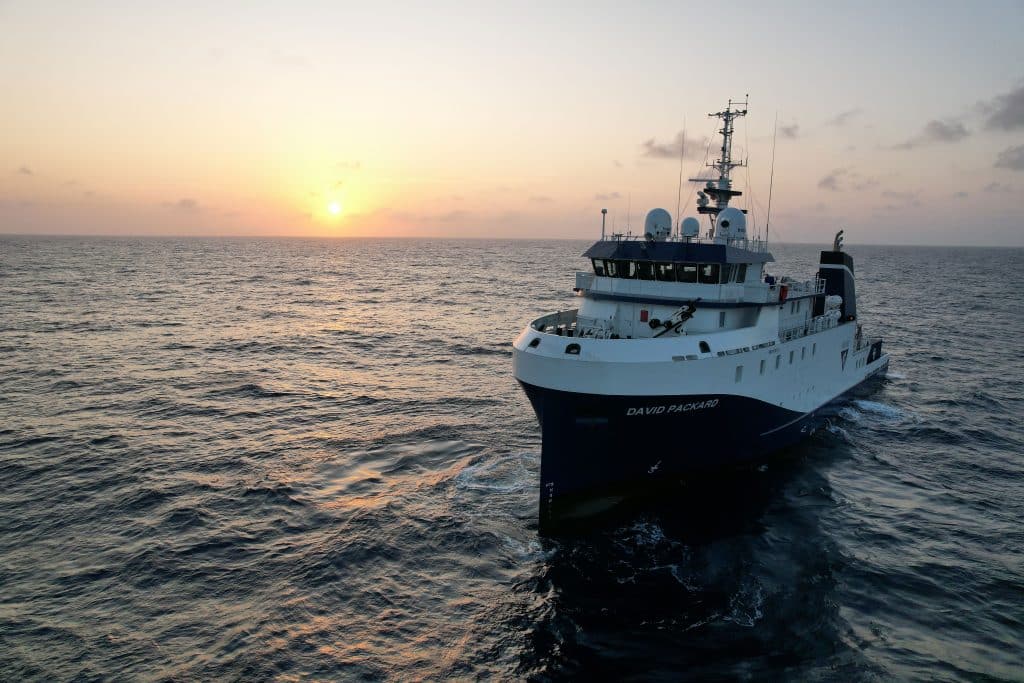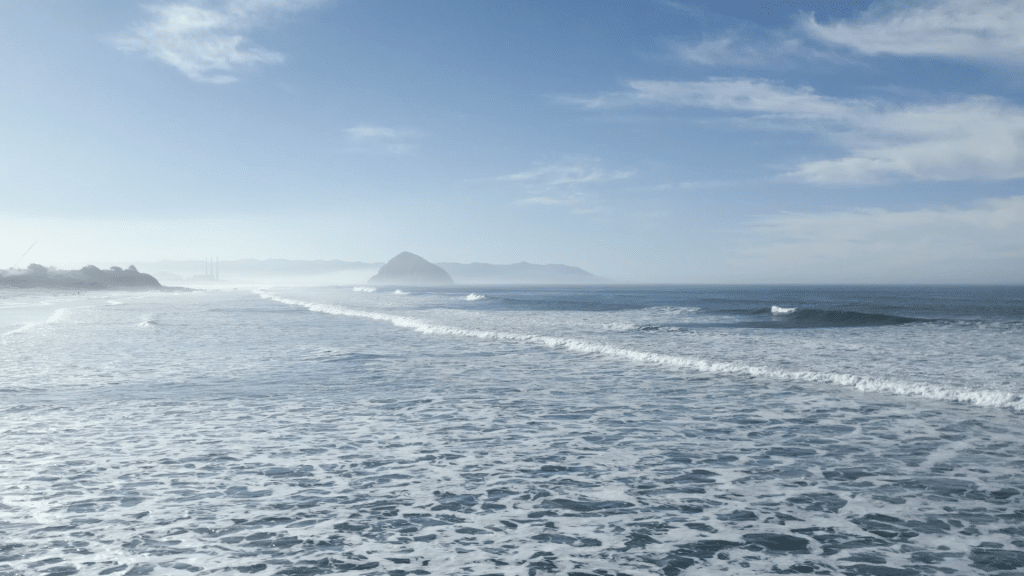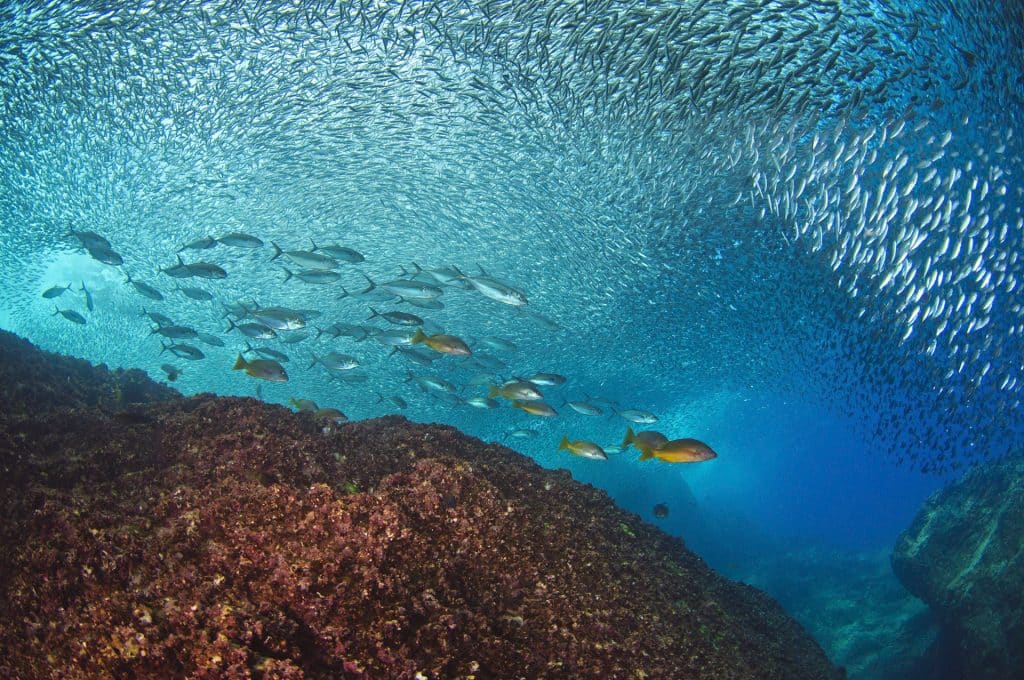At first glance, the dozens of snoozing elephant seals scattered across the beach at Año Nuevo Reserve don’t look much like elite athletes.
With the occasional snort, only a few look up as ecologist Dr. Roxanne Beltran and her team of students arrive at the beach for their regular observations of the seals at sunset.
Despite their sluggish appearance, elephant seals are some of the best animal migrators out there. When they leave the beach, they’ll travel thousands of kilometers and regularly dive hundreds of meters below the ocean surface for food.
This proclivity for exploring the far corners of the ocean is what makes these seals such strong research partners for Beltran and her team.
In many studies of the open ocean, researchers have been limited to views of the surface via satellites and the physical (and cost prohibitive) limits of ships, ROVs, and moorings. So, tracking animals that naturally dive deep into the ocean is a powerful solution.
“It’s pretty hard to find the perfect migratory animal to study,” said Beltran, assistant professor at the University of California, Santa Cruz. “Birds are often too small to put instruments on, and whales don’t reliably come back to the same places. Seals are a perfect intermediate because they reliably come back to the beach, and they’re large enough to carry state-of-the-art instruments for our research.”
“It's important to us that we not only make these discoveries and put them into critical ecological context, but that we also think about informing conservation action.”
Dr. Roxanne Beltran
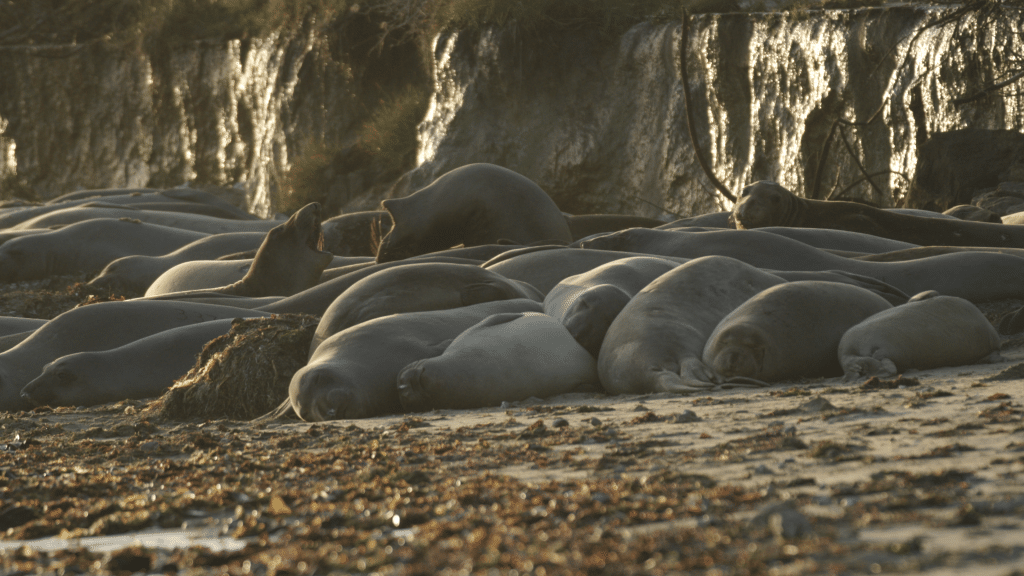
Beltran’s research involves small trackers that are secured to a few seals at a time to measure the seals’ migration patterns and data like salinity and water temperature in the ocean regions that the seals visit.
When the seals return to Año Nuevo, Beltran and her team remove the tags attached harmlessly to the seals’ fur. These seals are a part of a long-term study that UC Santa Cruz researchers have been conducting at Año Nuevo State Park for decades.
This data is used to better understand seal behavior and to help predict how ocean conditions will change in the future due to climate change.
“Science is really only so good as the conservation actions that can come out of it because our planet is changing really quickly,” said Beltran. “It’s important to us that we not only make these discoveries and put them into critical ecological context, but that we also think about informing conservation action.”
Beltran was awarded a Packard Fellowship for Science and Engineering in 2021 to pursue this work. The Packard Fellowships are unrestricted grants awarded to 20 promising early-career scientists and engineers each year.
Beltran received her Fellowship in the middle of the COVID-19 pandemic when she had just started her faculty position at UC Santa Cruz.
“The unrestricted funding of the Packard Fellowship has been fundamental to developing my lab,” said Beltran. “When you start as a faculty member, there’s so much uncertainty about the direction that you’re going and even how to navigate the financial system. So having a little bit more freedom in the types of decisions I can make in hiring people or making less traditional purchases has been hugely helpful for me.”
The Fellowship has allowed Beltran to support a field technician, a graduate student, and a dozen undergraduate student researchers each year.
Training the next generation of scientists is one of Beltran’s top priorities. In April 2023, Beltran partnered with 2015 Packard Fellow and UC Santa Cruz colleague Kristy Kroeker on a project to help build critical skills for under-represented minorities looking to pursue an undergraduate degree in marine biology, a field that lags other majors in diversity and inclusion.
Within their Hispanic-serving institution, Kroeker and Beltran developed an entry-level field course that provides field experience in marine ecosystems and introduces students to scientific tools including SCUBA diving.
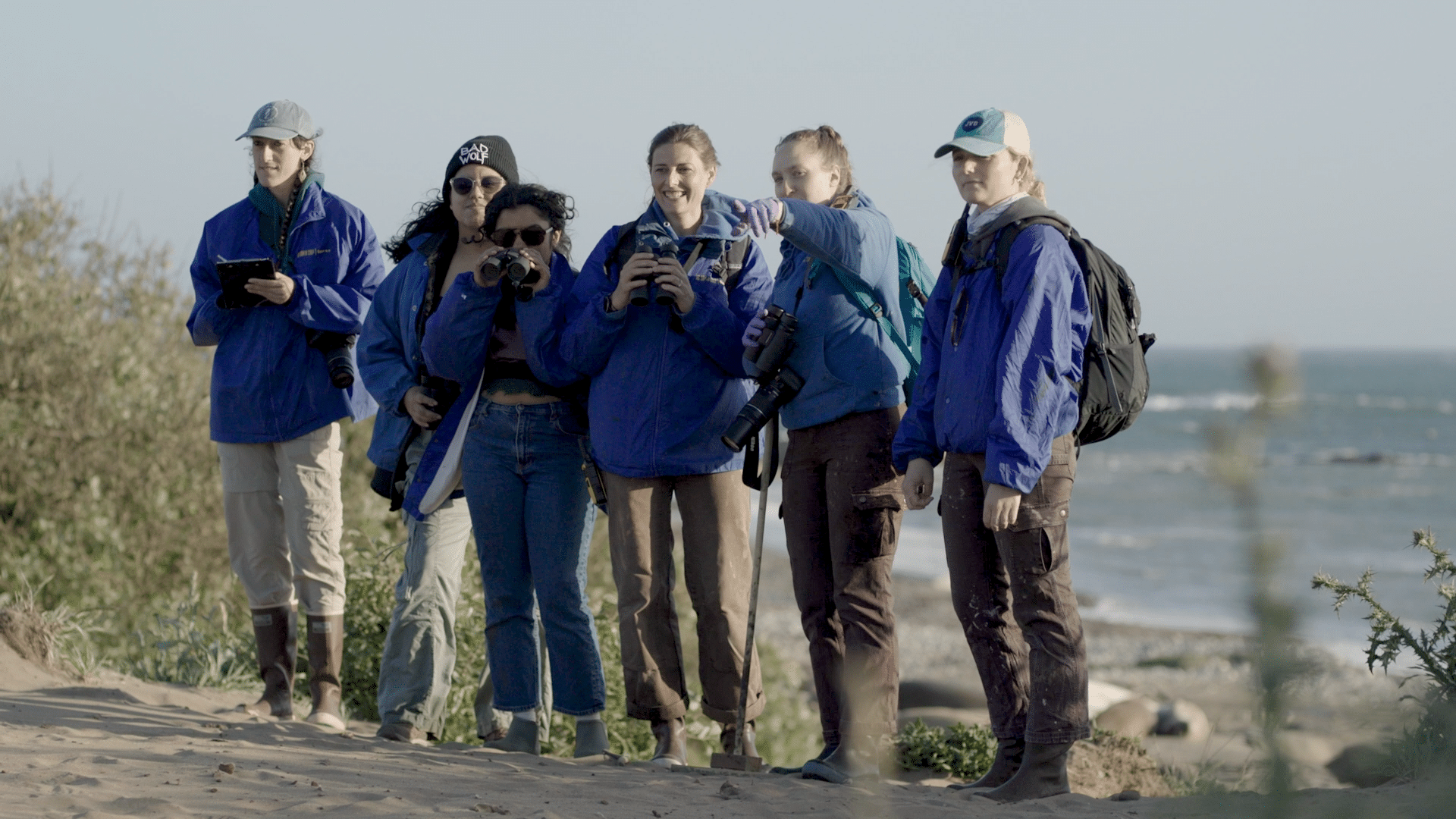
"There are a lot of barriers to entry and persistence in marine science. We're trying to remove these barriers from different angles."
Dr. Roxanne Beltran
“There are a lot of barriers to entry and persistence in marine science. We’re trying to remove these barriers from different angles,” said Beltran.
This work is part of a larger initiative in which the Packard Foundation supported a variety of projects to support diversity, equity, and inclusion in STEM.
“We want to make sure that the students we have at this university feel like they belong in fieldwork and research settings. If they have good experiences, they are more likely to stay in college and succeed in the future,” said Beltran.
These introductory field experiences are creating a pathway so students can be a part of Beltran’s elephant seal study at Año Nuevo.
Beltran and her students’ work are shaping our understanding of the ocean and the elephant seals who explore its depths. By using elephant seals as natural data collectors, she and her team gather invaluable information on deep-sea conditions and animal behavior, informing vital conservation efforts in the face of climate change. Beltran’s innovative research and commitment to education highlight the crucial role of science in safeguarding the ocean and the lives of the animals and people that depend on it.


